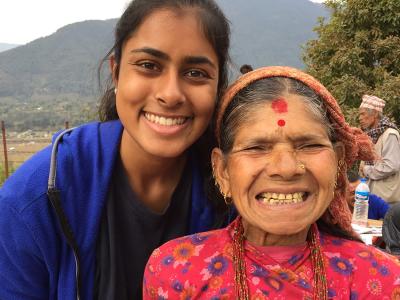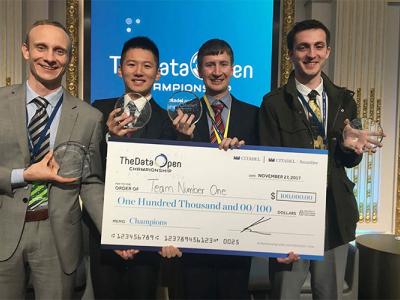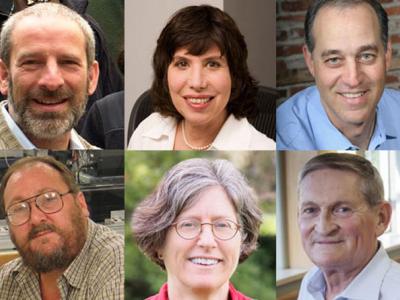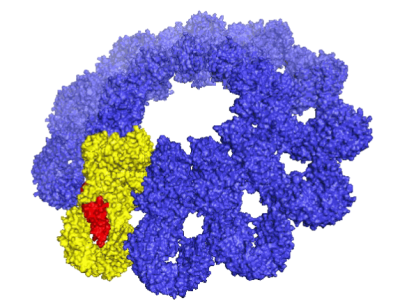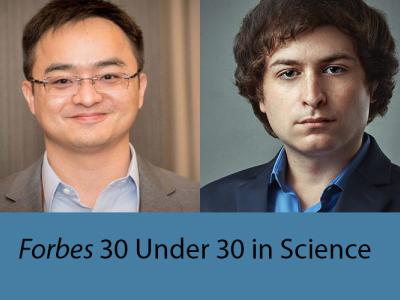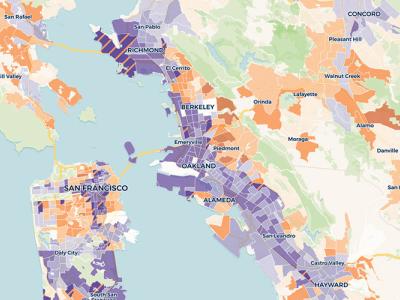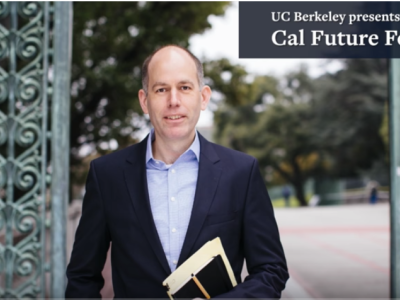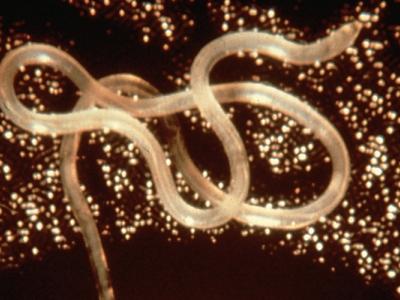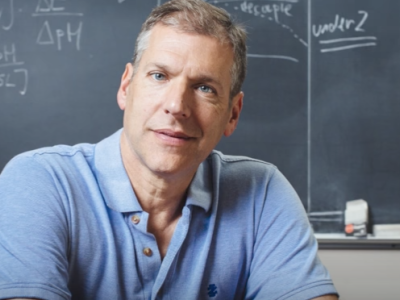Researchers have developed a robotic learning technology that enables robots to imagine the future of their actions so they can figure out how to manipulate objects they have never encountered before.
Research News
Learn more about UC Berkeley's researchers and innovators.
Showing 1953 - 1968 of 3520 Results
Neha Zahid came to Puranchaur and Hansapur in the winter of 2016 with Karen Sokal-Gutierrez in collaboration with a local Nepali non-profit organization, Jevaia Oral Health Care, to teach proper nutrition and oral hygiene.
A team of four graduate students with serious data science and analysis skills won the $100,000 top prize in an international data science competition staged by the hedge fund Citadel.
While the United States takes baby steps toward a public West Coast earthquake early warning system, Mexico City has had such a system since the late 1980s.
The Blockchain Lab received the campus’s first ever donation in Bitcoin, worth more than $50,000.
Two UC Berkeley astronomers are eagerly awaiting the spring 2019 launch of the James Webb Space Telescope, havi
Six scientists are among the 396 newest fellows elected to the American Association for the Advancement of Science (AAAS) for “advancing science applications that are deemed scientifically or socially distinguished.”
Never-before-seen images of mouse immune system proteins and bacterial bits reveal an inspection strategy that identifies pathogens.
Two postdoctoral fellows, physicists Aaron Meisner and Liang Wu, were recognized in the annual Forbes 30 Under 30 In Science list.
Expanded, refined and updated maps revealing the latest state of gentrification and displacement in communities stretching across Northern California are being released by the Urban Displacement Project.
Doctoral candidate Dan Hammer has been awarded the first-ever Pritzker Emerging Environmental Genius Award for his work to make satellite imagery more accessible and understandable for journalists who are reporting on the environment.
Research measuring the impacts of numerous progressive California policies enacted over the last six years finds no negative effects on employment and economic growth.
A new study suggests that many of the state’s birds are adapting to rising temperatures by breeding earlier than they did a century ago.
A smartphone-based microscope technology has been used to help treat river blindness, a debilitating disease caused by parasitic worms.
Dan Kammen’s experience in the developing world makes it clear that energy solutions, like politics, must be local.

